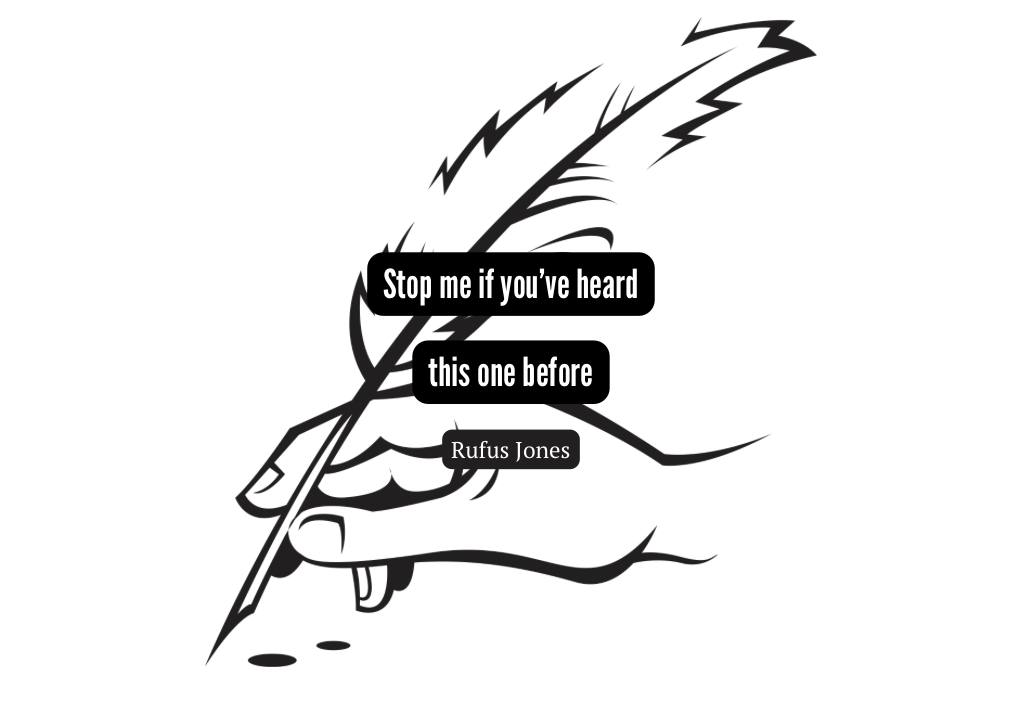Rufus’ second column of the term looks at the poem Spring by Gerard Manley Hopkins.
Nothing is so beautiful as spring —
When weeds, in wheels, shoot long and lovely and lush;
Thrush’s eggs look little low heavens, and thrush
Through the echoing timber does so rinse and wring
The ear, it strikes like lightnings to hear him sing;
The glassy peartree leaves and blooms, they brush
The descending blue; that blue is all in a rush
With richness; the racing lambs too have fair their fling.
What is all this juice and all this joy?
A strain of the earth’s sweet being in the beginning
In Eden garden. — Have, get, before it cloy,
Before it cloud, Christ, lord, and sour with sinning,
Innocent mind and Mayday in girl and boy,
Most, O maid’s child, thy choice and worthy the winning.
Now more than ever, hope is vital and for poets, nothing symbolises hope more than spring; for after the darkness of winter, its warmth and colour make for earth at its most beautiful and hopeful. This week I found a suitably hopeful poem, Spring, from a Victorian poet otherwise known for his poems of profound melancholy – Gerard Manley Hopkins.
Unless you’re on a bus or in a Pret, I’d like you to read this poem out loud since it’s the striking vocal quality of Hopkins’ poems that’s best about them. This poem feels so swift and smooth and exact when recited aloud that it feels like the words are practically aching to leave your mouth. This is a testament to Hopkins’ incredible ear for language.
You could almost read these two stanzas as entirely separate poems. One is an ode to nature and the other to God. To Hopkins, though, these and one and the same. His love of God is what makes him so attuned to the natural marvels that surround him. I always find myself coming back to Hopkins; his finely-honed ear for sounds and rhythm as well as the vividness of his imagery are a joy to read each and every time.


